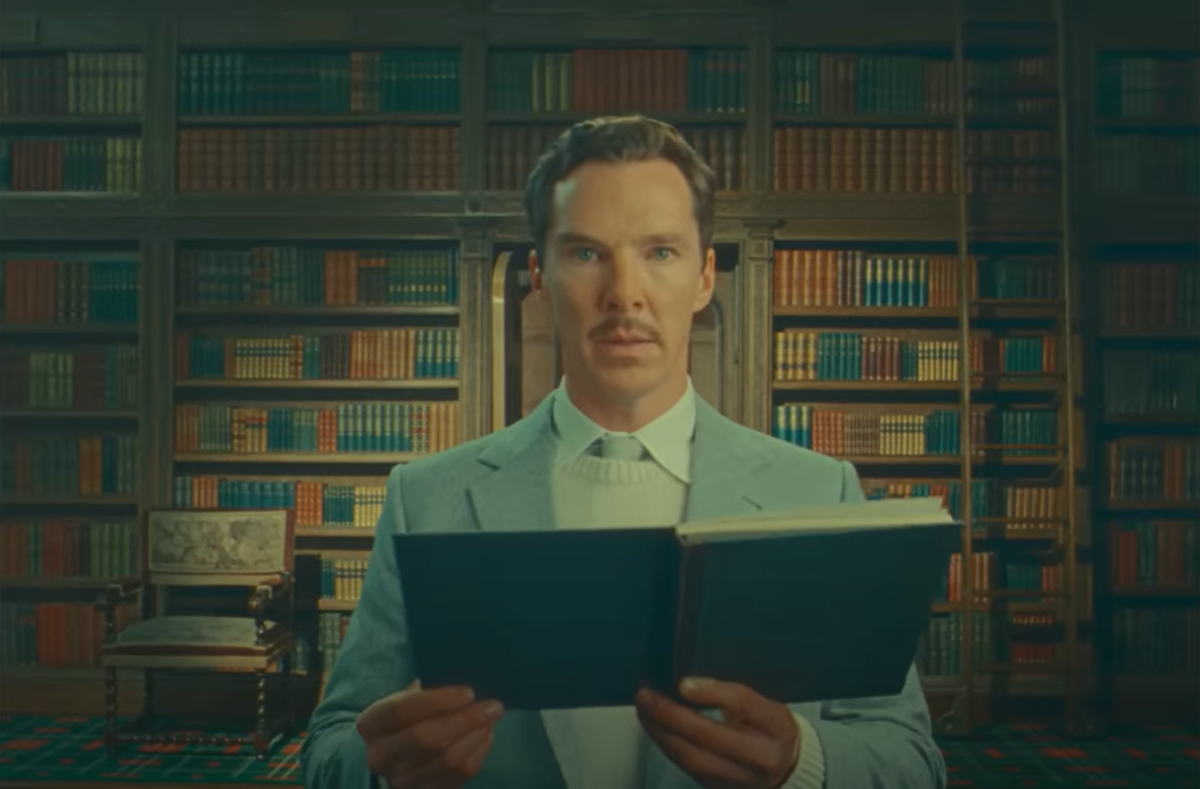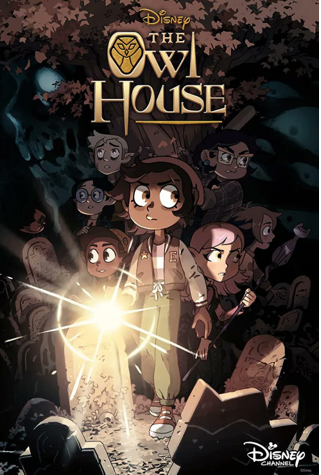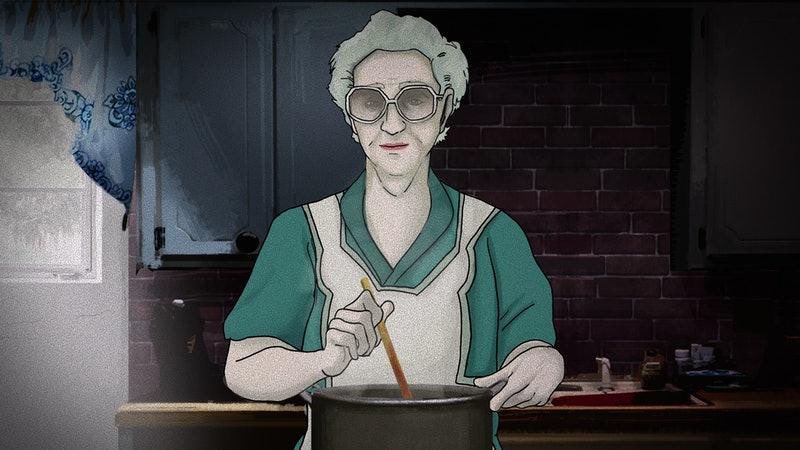By Michael Walsh

I have faith in a few things. One of those things is that everything a Bowie touches must be good. Duncan Jones, son to performer extraordinaire David Bowie, kept that faith alive with his debut film Moon.
While Source Code wasn’t Jones’ own project (Moon is the first of a few films that Jones says will live amongst one another in its own ‘Mooniverse’), the film seems like it could have been.
Putting aside fears that the film’s trailer that made Source Code look like a poorly acted action thriller and nothing else was only an adventure in mismarketing, Jones and screenwriter Ben Ripley combined to make a very human science fiction thriller that engages and interests the viewer with its concept and execution but also manages to tap into emotion by exploring character and the human side of things, rather than focusing solely on big ticket action.
The film doesn’t reach the level of humanity explored in the three-hour science fiction films by Andrei Tarkovsky, and it doesn’t have to. It’s still a film that has some semblance of a Hollywood feeling. Regardless, Jones takes control of the film and turns Ripley’s slightly unique concept into a film worth watching and remembering for some time after.
Jake Gyllenhaal is more than good as Captain Colter Stevens, an American soldier who awakes to find himself with the mission of stopping terrorist attacks in Chicago. The mysterious figures at the head of the mission are Vera Farmiga (Up in the Air) and Jeffrey Wright (Casino Royale) and the two do their best to be the secretive, on-point and tough-willed military employees they’re supposed to be.
Ripley’s screenplay wisely allows Jones’ cameras to explore Stevens as a character rather than just a hero. Without this extra effort to dive somewhat deep into the ethics and morals surrounding Stevens situation and the people in control of it inside the military, I’d be afraid that Source Code might just be another mindless popcorn flick. Instead, the film explores what it means to be alive and as corny as it may sound, the importance of valuing each and every small worldly detail and day.
It’s because of this that it’s very important to be able to pull both societal and humanity aspects from the film while watching it. I’m sure that for some this film can be watched without rendering a thought towards humans and still be impressive, but there’s a lot more to get out of Source Code than watching Gyllenhaal’s character try to find out who the bomber of the Chicago commuter train is.
I’d be remiss to not mention that the science in the film doesn’t matter. It’s not the point and there’s a reason Ripley’s screenplay hardly breathes a word about how the technology works or trying to get you to buy into the concept of creating parallel worlds that allows Captain Stevens to try to go back and prevent a future attack by spotting the bomber. In fact, I’d say a bigger theme that resonates with both the viewers and the characters in the film is the ability to have a suspension of disbelief along with being able to question what we think and have been told is absolute. It’s clear that Ripley and Jones want their audience to take part in this process.
Jones’ directing isn’t on isn’t really daring and some might have a problem with the more restrained techniques used, but I thought it was fine. He was able to make nice use of a small setting in the repetitive train and kept the film’s Groundhog Day-esque scenes fresh and interesting each and every time. And since Source Code wasn’t an auteur-like film from Jones, he didn’t treat it like one. It’s a perfect case of knowing your audience and not going over their heads.
Only three months have gone by in 2011 but Source Code takes its place as one of the best films released so far. I wouldn’t be surprised to see it hold that title through the summer as I can’t see one of the many soon to be released comic book films doing a better job at giving a dual sense of entertainment and a thoughtful story.





